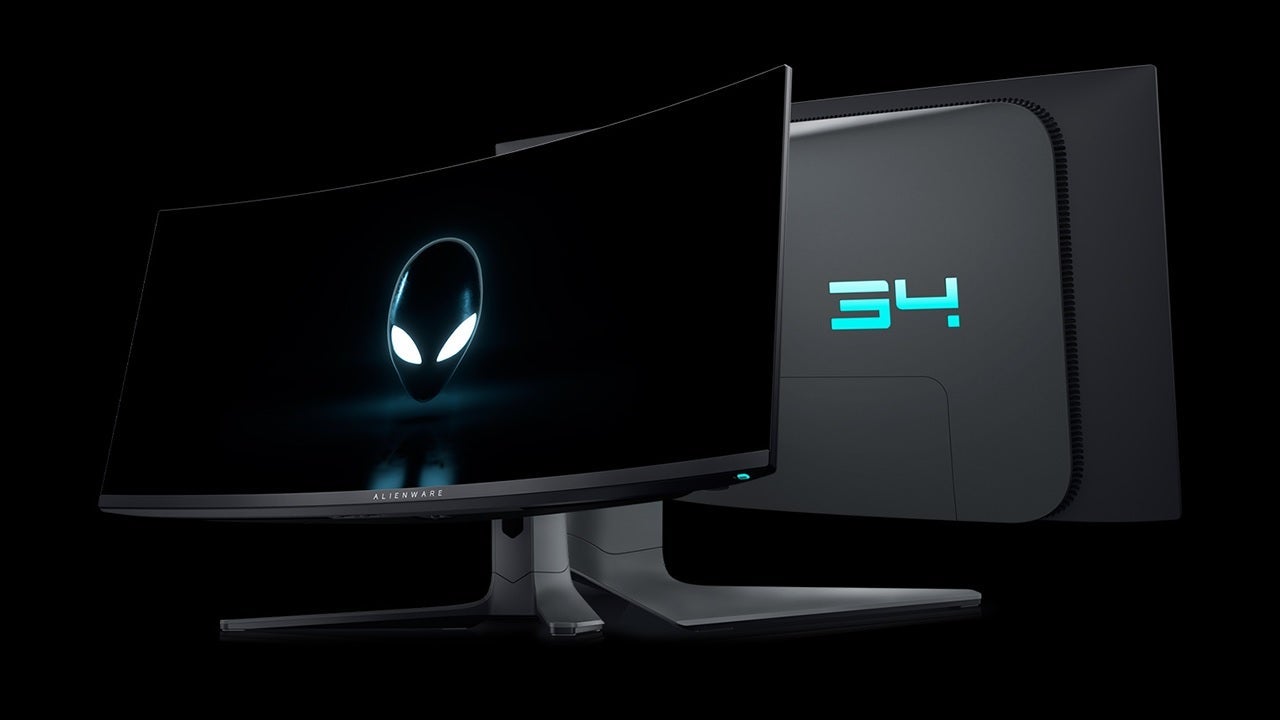While board games based on established intellectual properties have had a spotty reputation in the past, that is increasingly no longer the case. In the last several years there have been a slew of strong tabletop designs that have successfully adapted movies, video games, and television series. Star Trek: Discovery - Black Alert is the latest success. This game captures the spirit of this recent Trek property through a tense adventure with a unique and clever format.
The focus of the game is around the U.S.S. Discovery’s spore drive – a key plot point in the first season of the show. The drive allows the ship to travel through the mycelial network and perform jumps to distant locations. It’s a rad piece of unique tech that came to define this Federation vessel. Unfortunately, the drive has malfunctioned and caused the ship to slip into a mirror universe. It’s a bit of a pickle, one we’ve seen before across various Star Trek eras, although it’s certainly given a distinct twist here.
In this alternate universe, the Federation has been replaced by the malevolent Terran Empire. This is a well armed and motivated force that has realized the Discovery’s unique properties and is now hunting it. This clash of civilizations is the framework for the game. Two players take on the roles of Federation crew members aboard the Discovery, and two others work together aboard the I.S.S. Charon. This team-versus-team design is relatively uncommon in board games and an effective approach in establishing a singular atmosphere in Black Alert.
The two teams' goals are asymmetrical. On each of the Federation players’ turns, they move their character to one of the stations on their ship and perform an action. These include functions such as navigating the mycelial network by operating the bridge, gaining resources from the current tile via the cargo bay, or rotating a network tile with engineering. The crew is trying to complete three missions by gathering the required resources and maneuvering the Discovery to a specific spot on the board.

This is a tricky endeavor, as traversing the network requires the ship to move along routes randomly seeded on the board through tiles at the start of the game. You have to move along the route until you hit a node and stop. Manipulating the board so you can gather resources and then head to the required systems to complete missions requires time and preparation. And time is limited.
The Terran players, meanwhile, are in pursuit. They want to destroy the Discovery or hop aboard it and complete infiltration missions to take over the spacecraft. This is accomplished through moving in a more deliberate tile-by-tile path towards the Discovery, ignoring the mycelial network completely. Activating weapon systems allows you to hammer the Discovery, and you can even call in nearby Terran fleets to harass and slow the Federation crew.
The asymmetry is enticing without being overwhelming. It's not as complex as strategy board game standout Root; instead, Black Alert offers streamlined gameplay whose main hurdle is internalizing the different ship locations and their actions. Once you have a handle on that, the experience is a tense 90-minute affair with competing interests and solid tactical decision points.

Much of the drama of play is found in each faction’s deck of action cards. These are drawn and played each turn, allowing for a degree of uncertainty in the opponent’s capabilities. They also serve as a resource to bid into challenges, where each side plays cards facedown and compares strength. This is the resolution mechanism for firing at each other, as well as committing sabotage or trying to imprison characters who have boarded your ship. Committing your strongest cards to these challenges and foregoing their potent effect is a large tradeoff, one which emphasizes the pressure of Black Alert and how time is scarce.
One of the more interesting elements is the tempo. The Terran players aboard the Charon push headlong towards the Discovery, while the Federation group has to balance fending off their pursuers and moving forward on their objectives. The pursuit of the Federation objectives is the overarching timer of play, as the objectives are easy to accomplish given space. This is what keeps the game brisk, offering a high degree of focus.
The game does a good job capturing the tone of Star Trek: Discovery. The ship is under constant pressure, forcing the crew to keep on the move and continually put out fires. There is a general sense of unease and mystery, and the scientific element is embraced through details such as the mycelial network manipulation and movement, as well as gathering resources and completing technical missions. The competing focus between external and internal stress is well realized.

While the team format is the most effective and enjoyable aspect of the game, it does provide for an occasional slump in rhythm. The teams take turns, allowing for bite-sized progress as a result of their actions. These gains can be immediately undone, however, which can make progress feel halting. For instance, when the Charon catches up to the Discovery and starts unloading its weapons into the Federation vessel, the Federation player can immediately repair the damage. Unpredictable resolutions and occasionally wild card effects can upset this tit-for-tat flow, but there are moments when progress seems to halt. It’s the game’s primary flaw, though fortunately these moments are infrequent.
One of the more daring inclusions is the corruption system. Corruption tokens have a chance to be placed on the board when players use specific cards from their deck. It’s a cost that must be weighed, as placing corruption on the board bears inherent risk. If too many are placed, then the universe collapses and everyone loses. This can either be a climactic finale or a limp ending devoid of satisfaction. But the game teases you towards this conclusion as these tokens can serve as hazards for The Discovery, and the cards that place them often have strong values that you can use in a challenge.
During my sessions with Black Alert, I occasionally found myself wishing it took similar risks in other areas of the game. I would have loved to see more large and provocative actions on occasion, that could drastically alter the landscape. It’s an effective game, and one that certainly captures its source material, yet it butts up against the line of greatness and never really manages to cross it.

Star Trek: Discovery - Black Alert is focused and streamlined, managing to offer a full experience in a relatively short amount of time. It’s not bloated or overly expensive, and it’s just the type of mid-weight board game that is becoming more rare in recent years. The game supports head-to-head play for just two players, but with a reduced scope that dampens the fun considerably. It works better with four.




